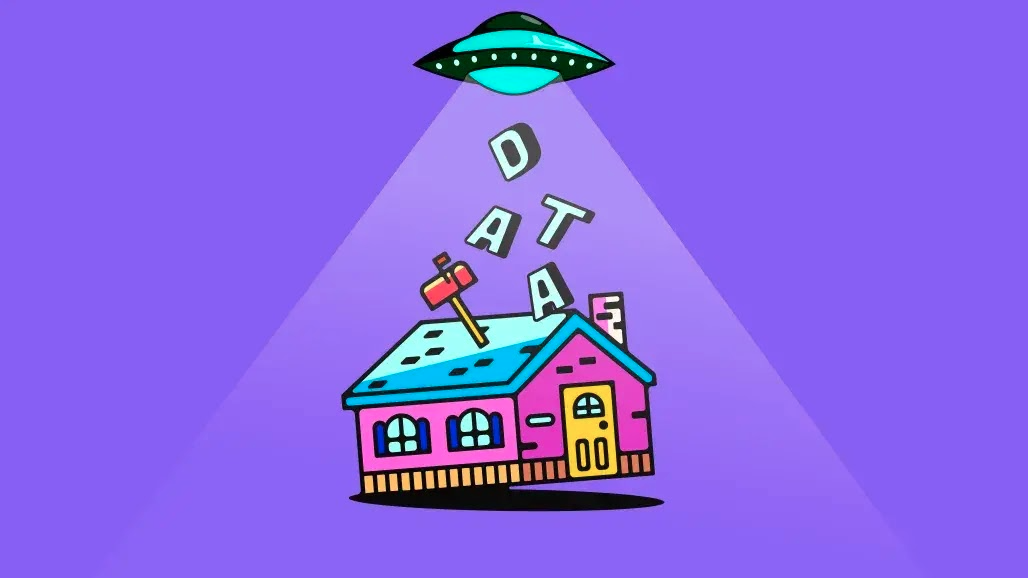Originally released on Aug. 5, 2025, this short article has been updated to consist of an explainer video. The video clip is sponsored by Optable. Optable did not have any type of input or approval over the video’s editorial content.
Speak to any professional in the AI area, and they’ll inform you that the agentic internet is coming. It’s a vision of the internet where AI agents make decisions and do jobs on behalf of individuals. However that means internet sites may require to be reconditioned to ensure that they’re easily understood by AI.
That’s where Model Context Method comes in.
What does any one of this mean for authors? In the future, publishers might require to determine just how to make their content accessible to AI representatives — and their customers– if they desire their content surfaced in AI tools that people will use an increasing number of as portals to the web. Publishers will certainly have to identify how to revise their internet sites for an agentic internet.
Yet just how soon– and how they do that– stays to be seen. There are a number of technical methods and structures being developed now that can aid publishers transform their websites agentic. One of them gaining more focus is called Version Context Procedure.
We’ll explore what it indicates, and exactly how it puts on publishers.
WTF is MCP?
Version Context Method, or MCP, systematizes just how an AI application connects to outside resources. It was established by AI business Anthropic and released in open-source last November.
It’s type of like robots.txt for AI, in which publishers can structure exactly how content is shared with AI systems. Designers can place information right into a server and make it available to AI systems (and, on the other side, secure away information that’s not in that server from AI agents). Another point of view of it is an API for AI.
LLMs are made for processing and creating all-natural language, so if you wish to produce a customized GPT or obtain your LLM to speak to an application, “there’s not really an easy method to do it without translating it into text,” said Burhan Hamid, founder of AI video ad system streamr.ai and previous CTO sometimes.
Go into MCP. Information can go into an MCP web server, making it simpler for LLMs to understand.
“It’s middleware. You can collaborate with an API directly or you can build middleware that allows AI representatives collaborate with your APIs,” Hamid said.
What trouble does MCP aim to address?
The major one is integration. AI representatives can not speak with each various other quickly since they’re improved different facilities. MCP is a framework that permits these different AI agents to have an usual language. It standardizes the procedure of AI systems getting in touch with exterior data resources.
Ok, however why does this matter to publishers?
We won’t get too in the weeds on the various other technological details around MCP, to make sure that we can focus on the vital inquiry: does any one of this matter to authors?
Theoretically, yes. Everything returns to exactly how the agentic internet will continue to develop. Now, AI representatives gain access to and crawl internet sites, but that could not be how AI connects with sites in the future. MCP web servers can give publishers regulate over just how material is shown AI systems, and what parts of its site (and datasets) are left out from that dataset.
And since publishers can share web content that is licensed to an AI system, yet not the content that isn’t, they could prevent full-spectrum access to their content. MCP has the possible to help authors acquire back some utilize in monetizing that content, as well.
For example, TollBit, an information market for publishers and AI companies, offers authors the capacity to build MCP servers. AI representatives can look for details on an author’s site that is offered to them with an MCP web server. And publishers can charge those AI agents for those questions.
“It gives an added method for authors to expose their information to the growing section of AI applications,” said Toshit Panigrahi, co-founder and chief executive officer of TollBit.
What are some usage instances for authors?
They’re still being developed. Among them is the website search (and pay per query version) described above. A publisher could produce an MCP server with a dataset (with premium or paywalled web content) and monetize that.
Streamr is dealing with introducing media plans on MCP servers– with the idea being that AI representatives can go out and “talk” to 5 different ad servers and return with all the details required to build a campaign, Hamid said.
And MCPs could assist users access publishers’ content in the AI tools of their picking, said Nicholas Diakopoulos, computational journalism teacher at Northwestern University.
[MCP] allows you index all of your content so it can get so it can be a plugin right into a chat box. Therefore visualize a globe where I register for The Atlantic and The New York City Times … and along with my subscriptions, I get access to the Model Context Procedure web server that allows me bring that content into my user interface of choice [such as ChatGPT or Gemini],” he stated.
Diakopoulos called this “material portability,” in which a customer can access material with an AI tool as opposed to going to an internet site. “That sort of user-oriented reasoning might have some worth [for publishers],” he said.
Appears fantastic. What’s the catch?
In practice, it’s unclear if or how much MCP will certainly be picked up as the criterion for the agentic internet.
Microsoft produced its own method called NLWeb in May, and Google released its Representative 2 Agent Procedure in April.
“If everyone has their very own standard, no one has a standard,” Hamid said.
He isn’t persuaded that MCP web servers can give info to AI agents that they don’t already have access to from creeping sites (which, eventually, is at the heart of all of this
“You practically have to construct an item for the representatives to be able to take in that’s beneficial to the agents– better than simply scraping your website,” Hamid stated. “TBD if that structure is going to be effective and for how long it’ll require to construct interesting applications with it.”
It’s vague the amount of publishers are improving these frameworks. One commercial director at a large electronic author said they’re having conversations concerning this currently, and creating an AI agent for various other agents for its website.
“The agentic internet and the different procedures and exactly how you represent on your own– we’re having some discussions [about that],” they claimed. “We are significantly considering what it means in regards to our discoverability and the structure of our data and the usefulness of the data to the representatives throughout the agentic internet.”
Up until there’s a market for monetizing web content via MCP servers, it’s unlikely to be a priority for authors now.
“I think it’s an interesting device that you can experiment with, yet … unless you have a mobile app that can utilize MCP on the backside, just to communicate with brand-new solutions in such a way that you would not have the ability to do previously, I do not assume this is [top of publishers’ mind] with all the other points they need to focus on today,” Hamid said.
Recommended Social & Advertisement Technology Equipment
Disclosure: We may make a payment from associate web links.


Leave a Reply